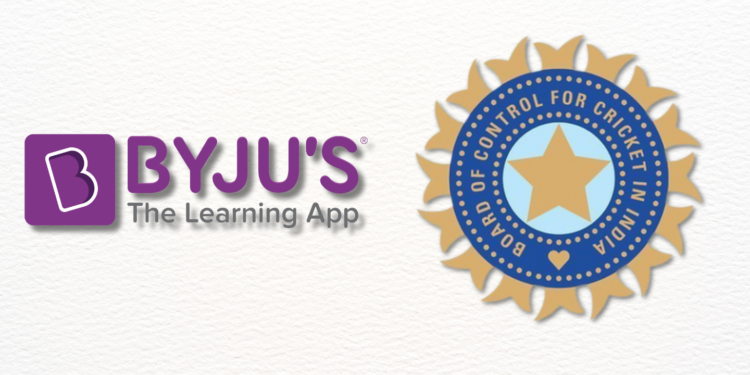On Wednesday, the Supreme Court ruled in favour of US-based creditor Glas Trust, allowing its appeal against the National Company Law Appellate Tribunal (NCLAT) decision to pause insolvency proceedings against Think & Learn, the parent company of Byju’s. The Court reversed the NCLAT order that accepted a settlement between Byju Raveendran and the Board of Control for Cricket in India (BCCI), which had triggered the initiation of insolvency proceedings by the National Company Law Tribunal (NCLT) in Bengaluru.
The Supreme Court’s ruling established essential guidelines on how the NCLT and NCLAT should handle settlements between creditors and corporate debtors after a company has been admitted to the Corporate Insolvency Resolution Process (CIRP).
The Bench, led by Chief Justice of India DY Chandrachud, addressed several critical issues, including:
1. Right of Other Creditors to Object to a Settlement:
The Court ruled that all creditors have a right to object to any settlement once a company is in CIRP, not just the party involved. This collective approach ensures that CIRP proceedings cannot be limited to a single applicant or debtor but involve all creditors with stakes in the company’s outcome.
2. NCLAT’s Inherent Powers:
NCLAT had used its discretionary powers under Rule 11 of the NCLAT Rules, 2016, to approve the settlement between BCCI and Byju Raveendran, effectively halting the insolvency process against Think & Learn. The Supreme Court examined the evolution of the legal framework concerning settlements and withdrawals under the IBC, highlighting that a comprehensive structure now exists to handle such scenarios.
The Court ruled that discretionary powers should only be exercised when there is a gap in the law. In this case, the IBC already provides clear procedures for dealing with settlements and withdrawals after a company is admitted to CIRP, before and after forming the Committee of Creditors (CoC). Therefore, the use of Rule 11 was deemed inappropriate. The judgment stressed that no forum, including NCLAT, can deviate from the law unless it is necessary to prevent abuse of the judicial process.
3. Role of Suspended Management in Settlements:
The Court also addressed the improper role played by Byju Raveendran, the former CEO of Think & Learn, in finalizing the settlement with BCCI. Once a company is admitted to CIRP, its management is suspended, and control passes to the Resolution Professional (RP) appointed by the NCLT. The RP oversees the company’s affairs and handles any settlement or withdrawal applications.
The Court found that Raveendran, no longer part of the company’s active management, should not have entered a settlement without the RP’s participation. Any application must go through the IRP, which controls the insolvency process. The judgment emphasized that this requirement is fundamental to the IBC’s framework, and bypassing it would undermine the entire insolvency procedure.
4. NCLT’s Responsibility in Settlement Approvals:
The Supreme Court clarified that the NCLT’s role is not merely to approve every submitted settlement agreement. Once a company is admitted into CIRP, insolvency proceedings become “in rem,” meaning they impact all creditors, not just the parties involved in a particular settlement. Therefore, NCLT must hear all creditors before approving a settlement.
The Court referred to its earlier ruling in the *Swiss Ribbons* case, which emphasized that NCLT must carefully evaluate all factors and parties involved before allowing a settlement or withdrawal, especially after initiating the CIRP. NCLT cannot function as a mere “post office” that simply stamps withdrawal applications without thorough scrutiny. Instead, it must play an active role in ensuring that the collective interests of all creditors are considered and protected.
Conclusion:
The Supreme Court’s judgment has important implications for how insolvency settlements are handled under the IBC. It reaffirms the collective nature of insolvency proceedings and ensures that all creditors have a voice in any settlement that affects the company’s future. It also limits the use of discretionary powers by NCLAT and establishes that suspended management cannot unilaterally negotiate settlements without the involvement of the appointed RP. In the future, NCLT is expected to play a more active and scrutinizing role in such cases, ensuring that insolvency processes are not circumvented through improper settlements.

















